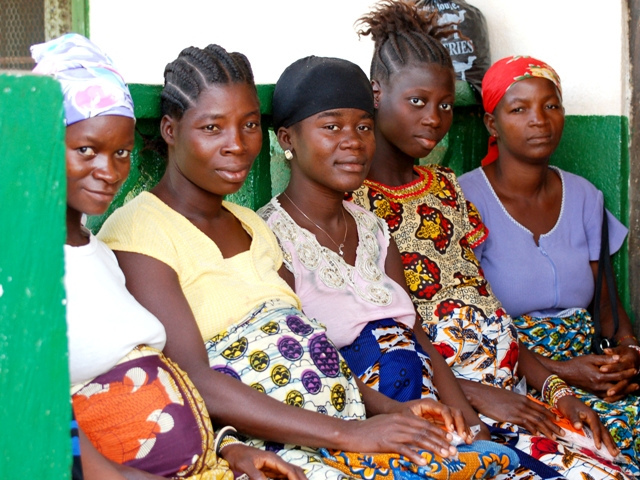Being pregnant and carrying a child inside the womb is an extraordinary experience; but definitely not easy. Pregnancy places the mother’s and the child’s lives at risk. Special care and attention are needed by pregnant women; but unfortunately, not all pregnant women receive such nurturing.
African women, for instance, receive inadequate care and nutrition during pregnancy. The rate of maternal mortality in Africa is immense. It is estimated by the United Nations that in South Africa, there are about 4,500 women who die each year because of pregnancy/childbirth reasons. There are various factors that contribute to this high rate of mortality. Below are some of them.
Lack Of Financial Capacity
In Africa, if you are poor and pregnant, you will surely just choose to skip monthly check-ups. If the pregnant mother does not have enough money for an adequate meal, how could she afford the expenses of clinical check-ups? Only those people with money can pay for medical expenses. A wealthy man can afford to send his pregnant wife to the hospital for her safe delivery, but a poor man can only rely on the local medicine elder for help.
Too Remote Areas
Africa is a vast land, being the second largest continent in the world. Zambezia, for example, is the central province of Mozambique where residents must first cross over the Zambezi River just to seek medical attention. It would take about three days before a pregnant woman can receive the care she needs. She would either have to endure the long trip or eventually die long before the other end of the river is reached.
Lack Of Proper Education
In Africa, it is quite common to find still little girls, as young as 13 years old, already pregnant. They are still too young to know what they must do while pregnant. Very young girls who get pregnant are even rejected and sent away from home by their own parents; thus, there are no elders to give them proper guidance on a healthy pregnancy.
Nutritional Taboos
In Africa, there are actually a lot of traditional practices that prohibit women from eating certain foods while they are pregnant; yet these foods can actually provide proper nourishment to the mother and the unborn baby.
There are parts in Isoko, Afemi and Ishan Divisions where pregnant moms are not allowed to consume snails due to the belief that it will cause slime or watery/dripping mouth in babies. On one research article found in African Journals Online, it was mentioned that in Tanzania, eggs are not to be eaten by the conceiving mother because they believe it will cause the baby’s baldness. Consumption of ripe bananas and plantain is also banned to pregnant moms due to the misconception miscarriage and untimely contractions will occur. A lot of other food taboos deprive pregnant women of their nutritional requirements.
The forbidden snail is actually a great source of potassium and protein, vitamin E, Selenium, Iron, Copper, and Magnesium. The outlawed ripe plantain has dietary fiber, vitamins C/B6/A (for good skin and vision, immunity to diseases. In one health article from Lifetickler.com entitled Eggs: High Cholesterol Aggravator or Good Health Promoter? it was discussed that the prohibited egg is nutritionally loaded with minerals (Calcium, Iodine, Zinc, Iron, etc.), vitamins, proteins and other essential nutrients that the body can absorb easily.
Fortunately, the World Health Organizations (WHO) has released its new estimate that the maternal death number has been reduced to half for the last 20 years. However, additional efforts to address pregnancy and childbirth issues need to be addressed so that African women can immediately receive their necessities for a safe and healthy pregnancy.
Photo credit: By USAID Africa Bureau (Liberia women) [Public domain], via Wikimedia Commons
